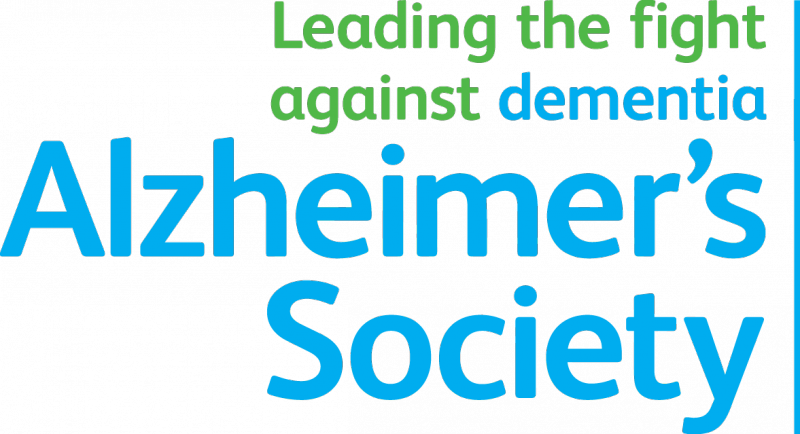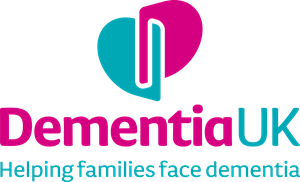Living with dementia alongside other health conditions
If you have PH it’s important to look after your general health, especially as you get older and the risk of other health conditions increases. This includes dementia which mostly affects the over 65s.
Dementia is the name given to a group of symptoms that commonly include problems with memory, thinking, problem solving, language and perception. It’s caused by diseases that affect the brain.
The government’s commitment to raise awareness of dementia in recent years has seen much-needed improvements in raising public awareness, improving diagnosis rates, and creating dementia-friendly communities. However, the management of long-term conditions remains one of the key challenges facing the health and social care system.
In 2016, a report published by the All Parliamentary Group on Dementia examined the difficulty faced by people with dementia and other health conditions. The report found that 7 in 10 people with dementia in the UK also have one or more other medical conditions such as high blood pressure, depression, heart disease, diabetes or have had a stroke or transient ischemic attack (mini stroke). The prevalence of many of these conditions increases with age.
Causes of dementia
Alzheimer’s disease is the most common cause of dementia, affecting more than 520,000 people in the UK.
In Alzheimer’s disease, connections between nerve cells in the brain are lost because proteins build up and form abnormal structures. Eventually cells die and brain tissue is lost. The brain also contains chemicals that help to send signals between cells. People with Alzheimer’s have less of some of these ‘chemical messengers’.
Alzheimers affects more than 520,000 people in the UK
The second most common cause of dementia is vascular dementia, caused by reduced blood flow to the brain, but there are many other causes of dementia.
The relationship between dementia and other conditions
As dementia worsens, a person’s needs become more complex, especially if they are living with several long-term conditions.
There are some conditions that can increase someone’s risk of dementia, for example having high blood pressure or diabetes. There are other conditions, such as having a stroke, which may increase the likelihood of dementia and there are those which are coincidental, such as arthritis. Living with dementia is also linked to depression.
Having dementia and other health conditions can affect someone’s ability to manage their conditions, for example, someone with diabetes may forget to administer their insulin as their memory and cognition worsens.
What are the first signs of dementia?
Symptoms depend on the parts of the brain that are damaged and the disease causing the dementia. Common early symptoms include memory loss, losing the thread of conversation, difficulty concentrating, confusion about time and place and mood changes.
How GPs support people with dementia and their carers
The GP is often the first person you go to if you or someone close to you is worried about their memory. It is important that people with dementia and their carers see their own doctor regularly (at least once a year). You should also contact your GP practice as soon as you feel unwell.
Support your GP can give include:
- Support with managing other conditions such as diabetes
- Support with care planning
- General advice on ways to prevent illness and improve fitness
- Medical advice and treatment
- Referrals to specialist help and other services
- Continuity of care as the dementia progresses
Charities for people with dementia
There are several charities that offer advice and support for people with dementia and their carers:

The Alzheimer’s Society has information on all diseases that cause dementia, including how to live well and how to find help and support near you. The charity also runs the National Dementia Helpline on 0300 222 11 22 for information and advice.

Dementia UK provides an Admiral Nurses Service where registered nurses and dementia experts help families to live more positively with dementia and cope with challenges in the future.

Age UK runs a free national helpline on 0800 055 6112. The charity offers advice on a range of topics, including advance care planning and benefits, as well as information on local activities and services for those with dementia.

Carers UK is a national charity for carers, providing information and advice, from benefits to practical support.
Memory problems don’t necessarily mean you have dementia but talk to your GP if you’re concerned.
If you’re worried about someone close, encourage them to make a longer appointment to discuss their health conditions and how best to manage them.
For more information, visit www.nhs.uk or www.alzheimers.org.uk or ring the National Dementia Helpline on 0300 222 1122.
















